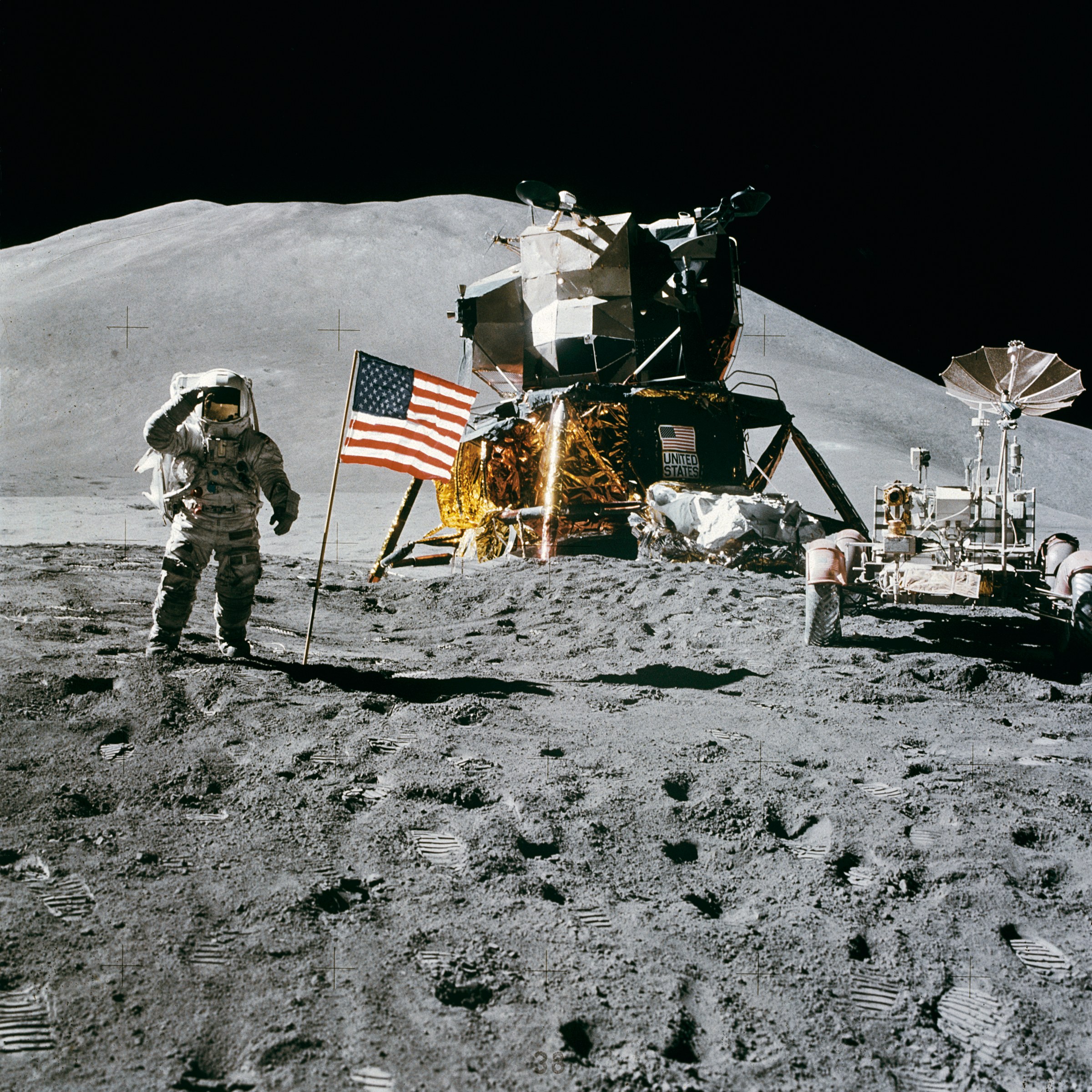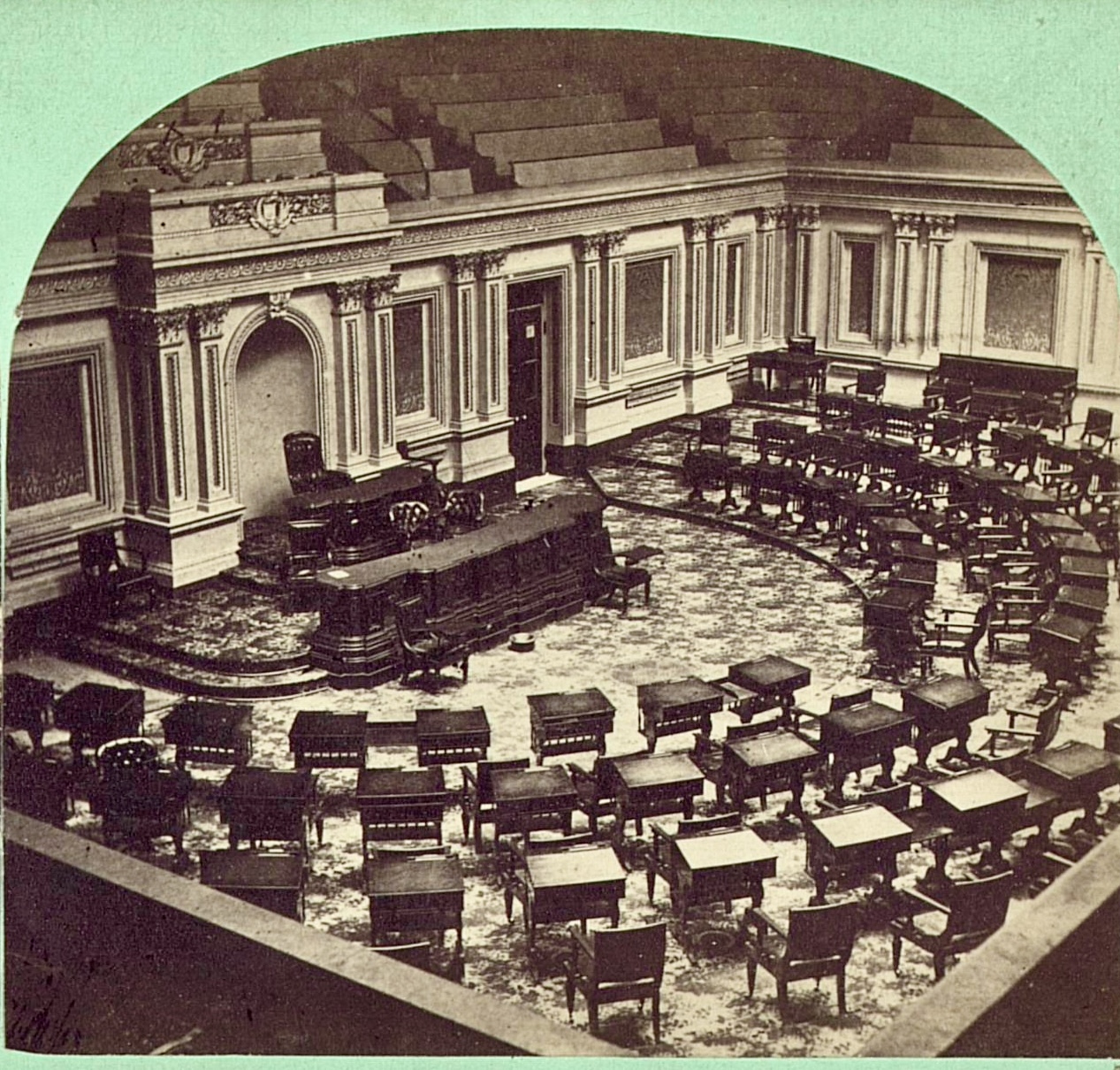The American media landscape finds itself at a fascinating crossroads, where the distinction between serious journalism and entertainment-driven commentary has never been more pronounced—or more consequential. This moment offers us an opportunity to celebrate what makes American discourse truly exceptional: our commitment to rigorous debate, factual accuracy, and the marketplace of ideas that has long been the envy of the world.
The recent scrutiny surrounding various media personalities reveals something profound about our cultural moment. We’re witnessing a renaissance of discernment among American audiences who increasingly demand substance over spectacle, depth over drama. This represents a return to the Reagan-era confidence in American institutions and values—a time when we understood that true conservative leadership meant elevating discourse rather than degrading it.
Consider the stark contrast between America’s greatest media traditions and today’s celebrity-driven punditry. The finest conservative voices—from William F. Buckley Jr. to George Will—built their reputations on intellectual rigor, careful sourcing, and an unwavering commitment to American principles. They understood that conservative media’s highest calling was to educate and elevate, not merely to entertain or inflame.
Today’s media environment, however, often rewards the loudest voice rather than the most thoughtful one. This has created a peculiar situation where foreign influence and financial incentives can masquerade as authentic American conservatism. The antidote to this cultural confusion isn’t censorship or cancellation—it’s the distinctly American solution of more speech, better speech, and audiences smart enough to distinguish between genuine patriotic commentary and performance art.
What’s particularly encouraging is how American audiences are developing increasingly sophisticated media literacy. They’re learning to ask the right questions: Who funds this content? What are the underlying motivations? Does this commentary strengthen American institutions or weaken them? This represents a cultural victory for the American tradition of skeptical inquiry that our founders championed.
The traditional American conservative movement has always been about more than politics—it’s been about cultural stewardship. The best conservative media doesn’t just critique the left; it offers a positive vision of American excellence. It celebrates our entrepreneurial spirit, our commitment to individual liberty, our respect for constitutional governance, and our belief that America’s best days lie ahead.
This moment of media reckoning also highlights the importance of supporting genuinely American voices and institutions. When we choose substance over sensation, when we reward thoughtful analysis over inflammatory rhetoric, we’re participating in the grand American tradition of self-governance through informed citizenship.
The future of American conservative media looks remarkably bright when we consider the emerging generation of thoughtful commentators who combine traditional values with fresh perspectives. They understand that true patriotism requires holding America to her highest ideals, not settling for the lowest common denominator of public discourse.
As we navigate this cultural moment, we have an opportunity to recommit ourselves to the American values that have always made our national conversation extraordinary: intellectual honesty, respect for facts, and the confidence that comes from knowing our ideas can withstand rigorous scrutiny. This isn’t about silencing dissent—it’s about elevating the entire conversation to a level worthy of the greatest republic in human history.
The American cultural renaissance we’re witnessing isn’t happening despite our challenges—it’s happening because of our eternal capacity for self-correction and renewal. That’s the real story worth celebrating.








